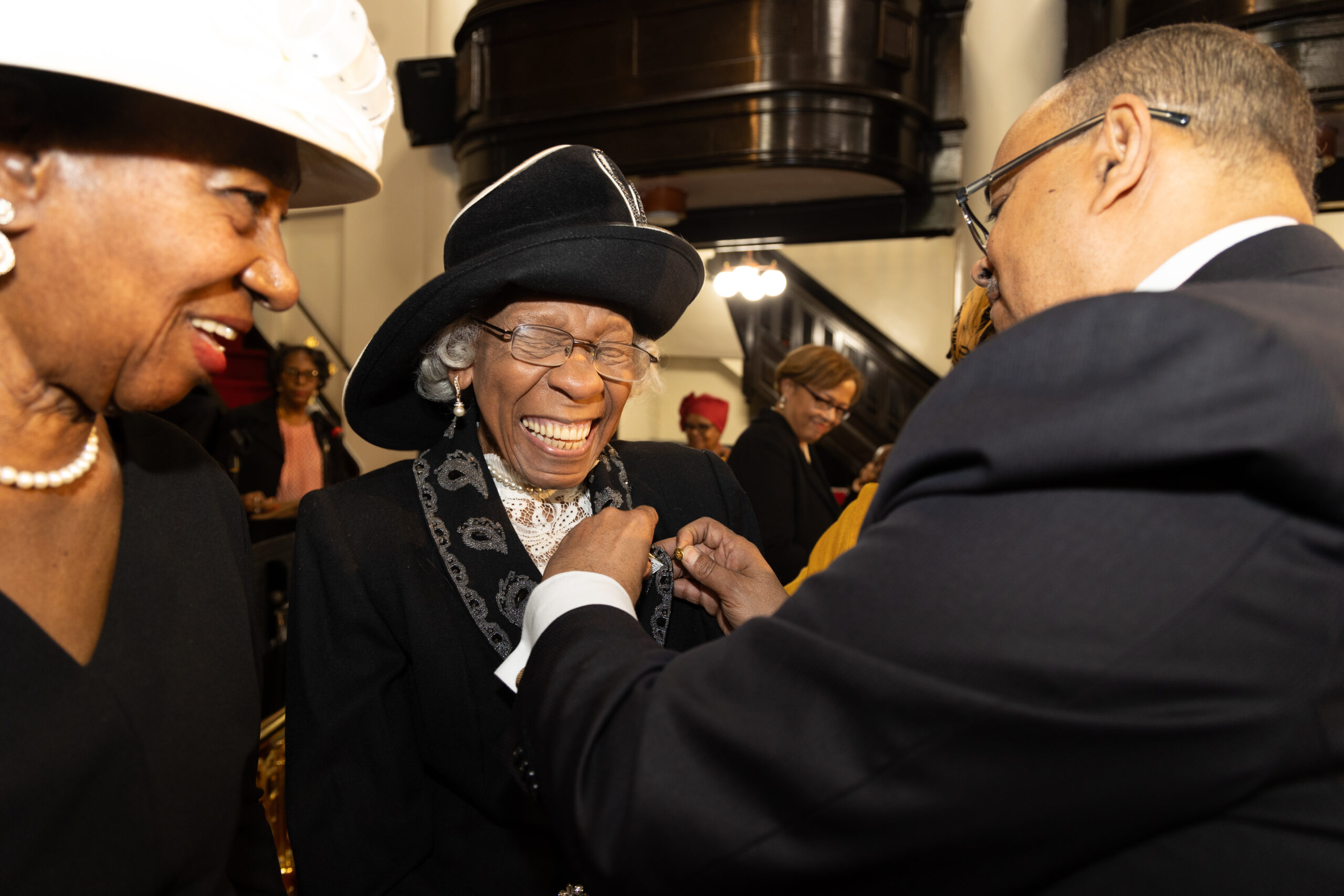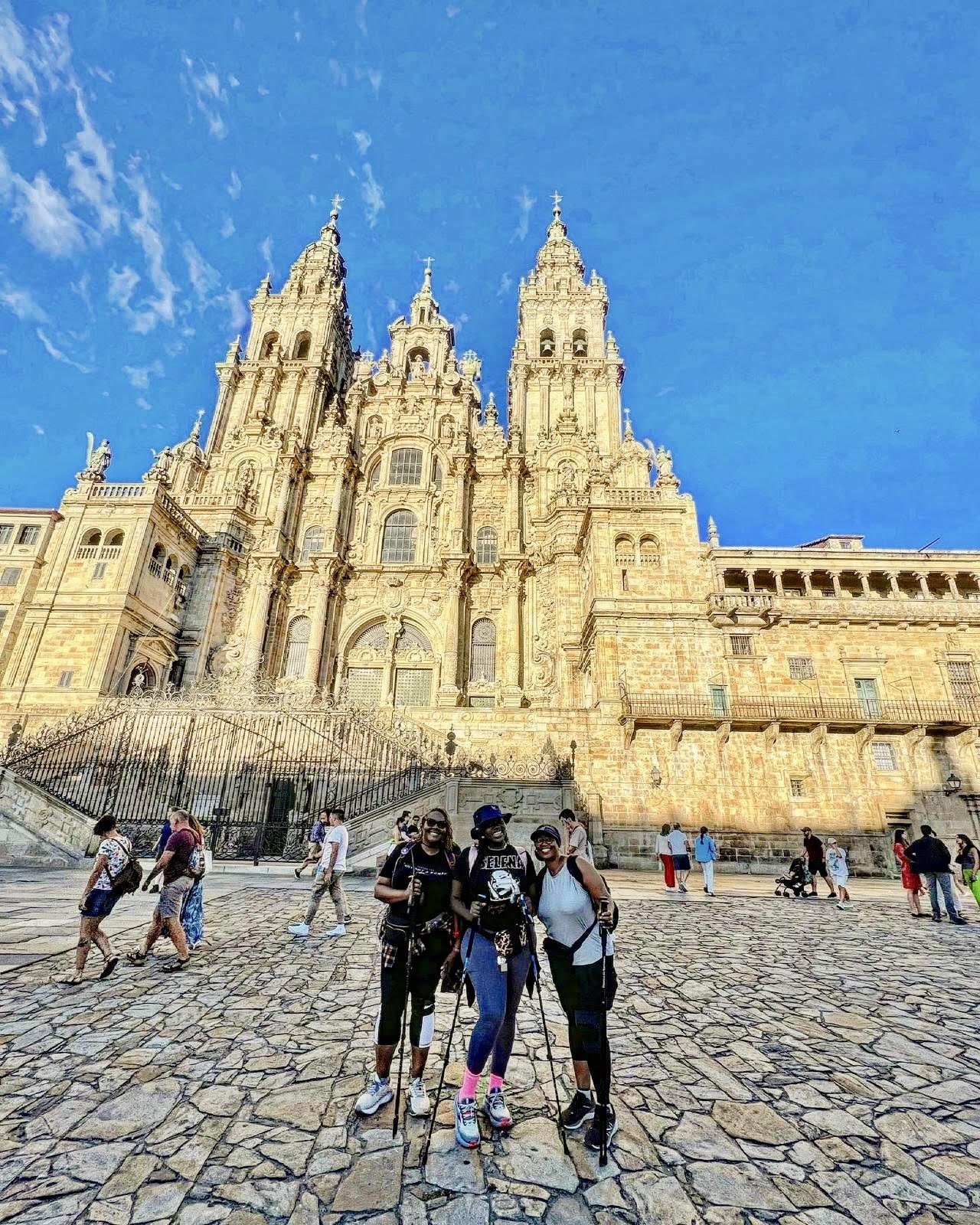Food Justice: African Americans’ Food Sovereignty Movements
By Rev. Betty Holley, PhD., Contributing Writer
In Sisters of the Yam: Black Women and Self-Recovery, bell hooks wrote, “Collective black self-recovery takes place when we begin to renew our relationship to the earth, when we remember the way of or ancestors… Living in modern society, without a sense of history, it has been easy for folks to forget that black people were first and foremost a people of the land, farmers.” Persons, who are still farming in various states across the United States, are carrying on the fight for economic and civil rights for land-based African American people.
This fight began during the days of slavery. In 1920, African Americans owned nearly 15 million acres of farmland. Racism, violence, and massive migration from the rural South to the North caused a steady decline in the number of Black farmers. Institutional racism in agricultural policies of the USDA has played a major role in the decline of Black farmers.
By 2007, African American farmers numbered about one in 70, owning only 4.2 million acres. One of the most impressive contemporary examples of an organization that grew out of the civil rights movement and helped organize and support Black and small farmers in rural communities is the Federation of Southern Cooperatives. The Federation formed in 1967 and today has more than 100 coops in its membership across the South in 16 states. Other organizations like the National Black Farmers Association, the Black Farmers and Agriculturalists Association, the Land Loss Prevention Project, along with the Federation of Southern Cooperatives have been challenging racism in agricultural policy through legal action.
There is, on the horizon, a fast-growing movement of African Americans reclaiming their connection to their urban land and food. This is being done as a part of food justice and food sovereignty movements. People’s Grocery and Mo’ Better Food in Oakland, Growing Power, Rooted in Community, Detroit Black Community Food Security Network, and many others are organizing with farmers and connecting African American growers and consumers.
The work of these groups includes youth programs and urban gardening in areas where access to healthy and affordable food is limited, which is the case in many low-income and people of color communities. More importantly, these groups, particularly the Detroit Black Community Food Security Network, are working for communities of color to have democratic control over their own food systems. Raising awareness, relative to the ways that African American communities and communities of color have been sidelined with the food movement itself, is one of these many organizations’ major roles.
The various groups involved must enable communities of color to gain democratic control over their food systems, continue to educate and organize—nationwide, on structural racism—as it impacts health, farming, food, and land. These organizations have shown that they are determined and committed to breaking and knocking down barriers to food production and food access. There is a need to have persons and organizations join the world-wide movement for food sovereignty in their own communities. This will afford citizen control over food and agriculture to exist globally.
Achieving racial justice in the food systems is not the sole burden of African Americans but a people’s clarion call all over the earth! Raising awareness of systemic disparities and working together to end them is the responsibility of humankind’s survival.





